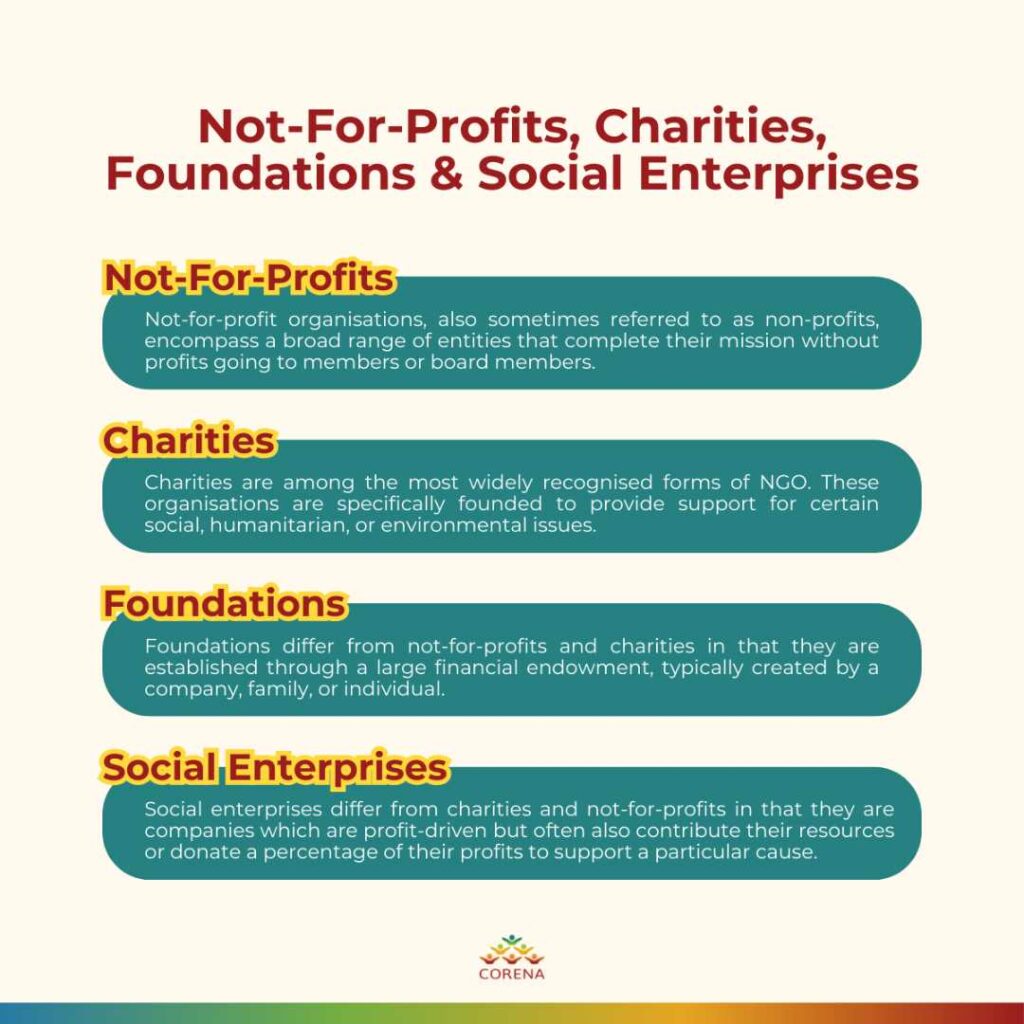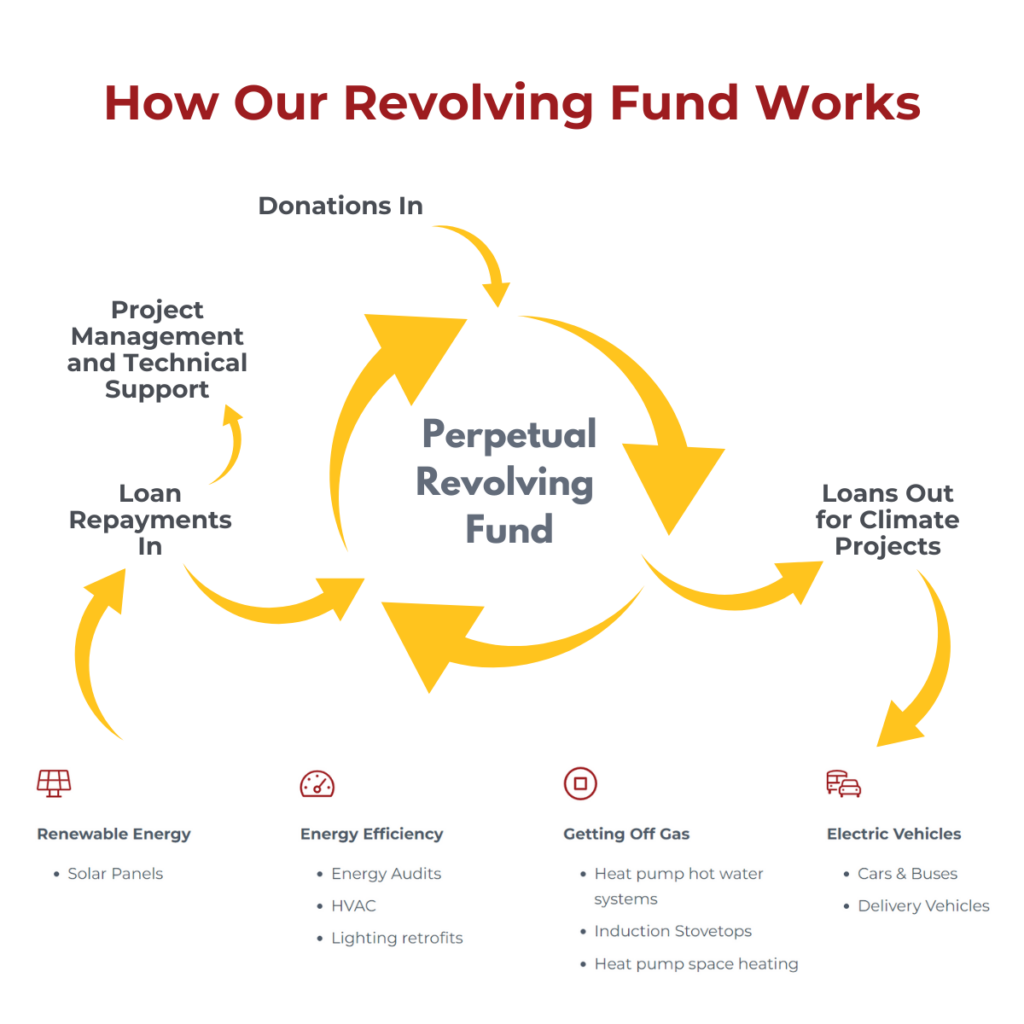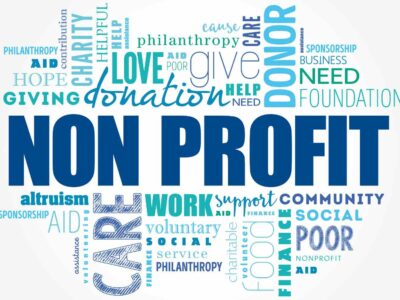With the climate emergency impacting all areas of society and nature, a wide variety of non-governmental organisations (NGOs) are working to provide services to help reduce and build resilience in our communities. As a not-for-profit renewable energy and climate charity ourselves, we at CORENA believe that it’s important to support similar types of charitable organisations.
All non-profit organisations, whether charities or foundations, are driven by a noble desire to see positive change in society and take on the responsibility of making that kind of change possible.
NGOs also play a key role in holding government and large corporations accountable, acting simultaneously as watchdogs and lobbyists, ensuring that promises are kept and that communities and ecosystems are not unduly exploited.
With so many amazing climate organisations in Australia and across the world, it can sometimes be difficult to understand how different NGOs function.
In this blog, we look at three different types of NGOs: charities, nonprofits, and foundations, as well as social enterprises. While these entities are similar in many ways, they have key differences. We will differentiate between them and highlight how you can support them.

Not-For-Profits
Not-for-profit organisations, also sometimes referred to as non-profits, encompass a broad range of entities that complete their mission without profits going to members or board members. I.e. They often make a profit but it is put towards their cause as opposed to directly benefiting shareholders or business owners as is the case with traditional types of businesses or corporations.
They tackle various social and community-focused initiatives with a broader scope than charities. Not-for-profits can operate in social, educational, religious, or scientific spaces and, like charities, rely on donations, grants and fundraising events for financial support.
You can support a not-for-profit by helping them achieve financial goals through donations or by attending or organising fundraisers. Spreading awareness about the causes they focus on is crucial, and vocal support from the community can significantly contribute to their success.
CEDAMIA (Climate Emergency Declaration and Mobilisation in Action), Cooperative Power, and community renewable energy groups are other great examples of not-for-profit climate action organisations.
Charities
Charities are among the most widely recognised forms of NGO. These organisations are specifically founded to provide support for certain social, humanitarian, or environmental issues.
Their primary function is to use funding to benefit society in line with their particular charitable mission and values. Charities depend on donations from individuals or corporate entities to fund their efforts and effect change.
Importantly, charities do not seek to make a profit. Their primary goals are mission-driven rather than profit-driven. They can focus on specific causes, such as poverty alleviation or providing healthcare services, education, disaster relief, or environmental protection.
Donations to eligible charities are often tax-deductible making it even more beneficial for donors to contribute to a cause that is important to them or which they feel strongly about.
Learn more in 7 Reasons To Donate To CORENA – A Renewable Energy & Climate Charity
You can support a charity by financially contributing to its mission or by volunteering your time and skills to assist them.
Another way you can support a local charity is by spreading awareness about the issues they address and sharing information to increase visibility.
Additionally you can become a member. Membership programs are important for not-for-profits and charities as they provide a way for members to connect with each other, build a community around their cause and vision, as well as a way to help people get more directly involved in the organisation’s mission.
In Australia, charities must be registered through the Australian Charities and Not for profits Commission (ACNC) and have rigorous reporting and compliance policies in place. CORENA is a registered charity. You can view our ACNC profile here.
Some other examples of Australian climate charities include Climate Council, Seed Indigenous Youth Climate Network, Australian Conservation Fund, and Beyond Zero Emissions.
Foundations
Foundations differ from not-for-profits and charities in that they are established through a large financial endowment, typically created by a company, family, or individual.
Foundations typically seek to provide funding to support specific causes or uphold certain initiatives. They often help fund charities by making significant initial contributions, thus making them key players in long-term impact through grantmaking. Additionally, they support various organisations, including not-for-profit organisations and even individuals.
Supporting a foundation involves seeking partnership opportunities, aligning goals, and contributing financially to increase its endowment for the ongoing support of relevant causes.
A good example is the The Renewable Energy Foundation in the UK, which promotes sustainable development for the benefit of the public by means of energy conservation and the use of renewable energy.
There are also organisations which can help you set up your own personal foundation – Australian Communities Foundation. Groundswell Giving allow you to pitch into a pool of climate funding.
Social Enterprises
Social enterprises differ from charities and not-for-profits in that they are companies which are profit-driven but often also contribute their resources or donate a percentage of their profits to support a particular cause.
These types of organisations often prioritise social and environmental impact, aiming to be financially self-sustaining while addressing social issues through commercial activities. They generate revenue through goods or services, often with a double or triple bottom line, considering social and environmental impact as key performance indicators.
While social enterprises make a profit, they reinvest those profits into their mission, thus increasing their ability to support worthy causes. Supporting social enterprises could involve partnering on mutually beneficial products or projects, investing in them, or purchasing their products and services.
An example of a renewable energy social enterprise is Remote Energy, which trains and mentors solar energy educators and technicians in underrepresented populations worldwide to bring energy independence, career opportunities and improved quality of life to their communities.
CORENA has actually supported three local Australian social enterprises by providing funding to support them in reducing their carbon emissions and energy costs.
- CERES Fair Food delivers organic groceries to households across Melbourne, sourced from over 150 farmers and ethical grocery makers.
- Merriwa is recognised as one of Australia’s leading supported employment enterprises. They have a team of over 350 employees of which over half have a diagnosed disability, who work across five business divisions
- Tastex Knitwear and Uniforms founding purpose is to provide employment and training for people with intellectual disabilities and to be self-funding through its knitwear factory.
Help Support an Australian Renewable Energy Charity
With one staff member and many volunteers, we collectively reduce emissions.
Your donation helps finance non profits and community organisations who wish to reduce their carbon footprint and improve their energy efficiency, but cannot afford the upfront expense.
By donating to our revolving fund you can support these kinds of climate projects get the funding that they need in order to get off the ground and become part of the renewable energy transition. In this way one donation is used over and over again, multiplying its impact!

How CORENA Helps Non Profits, Charities, Community Organisations, & Social Enterprises
We play a role in supporting all kinds of community climate and renewable energy projects.
CORENA, can provide free technical advice and zero interest funding to qualifying non profit organisations and communities looking to reduce their emissions and green their energy consumption.
Donations help us to provide funding to non profit and community organisations for:
- Solar Panels
- Energy Efficiency
- Getting Off Gas
- Electric Vehicles
- A combination of the above
Through offering a zero-interest loan, it becomes easy to repay through the savings made on operating costs afforded by the low running costs of a renewable energy project over the long term. No interest is paid on CORENA loans, and the quarterly loan repayments are set to be a little less than the savings on operating costs averaged over a year. This means loan recipients are never out of pocket for upfront costs and after the loan is fully repaid, they reap the full financial benefit of having lower energy costs.
Learn more in 5 Ways CORENA Helps Non Profits Reduce Carbon Emissions & Energy Costs

